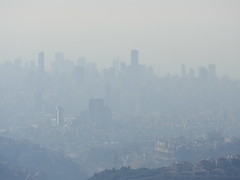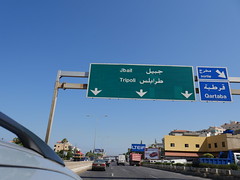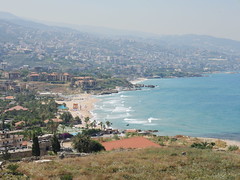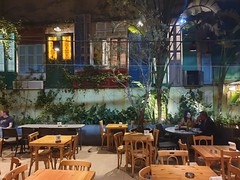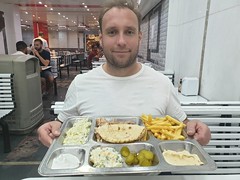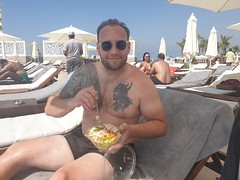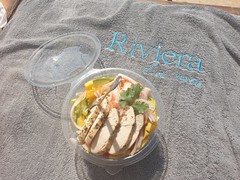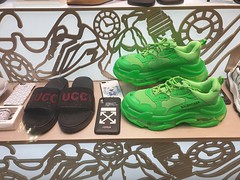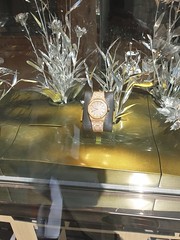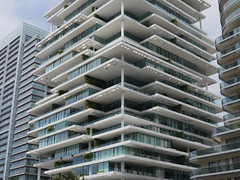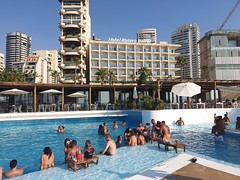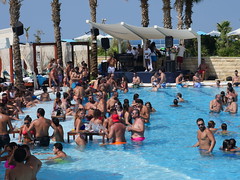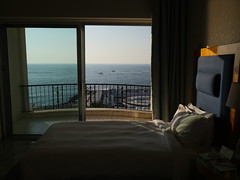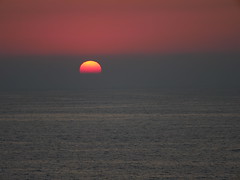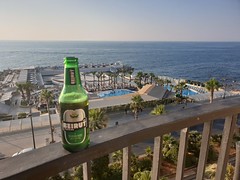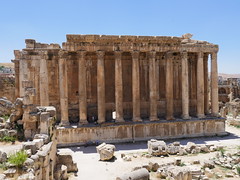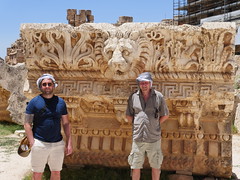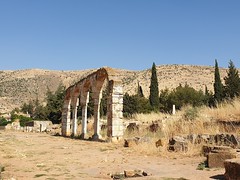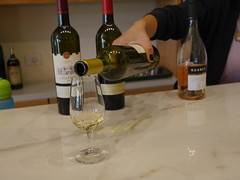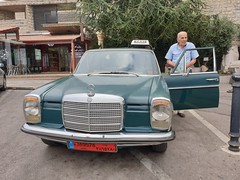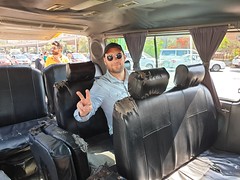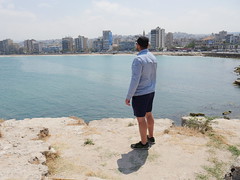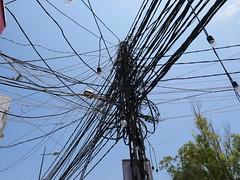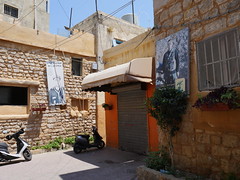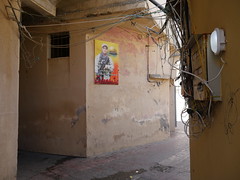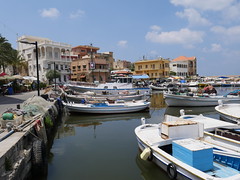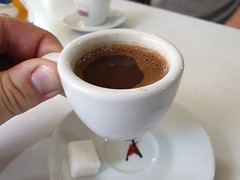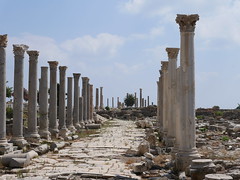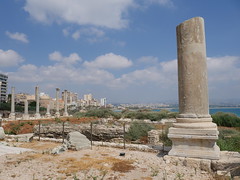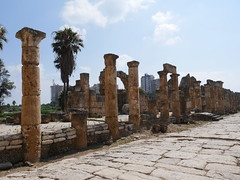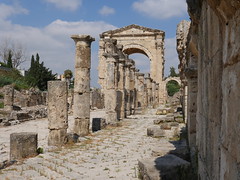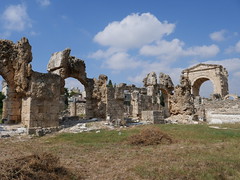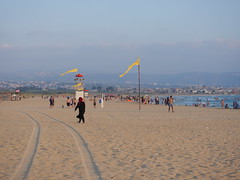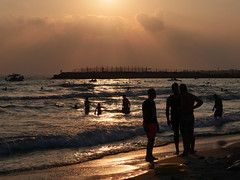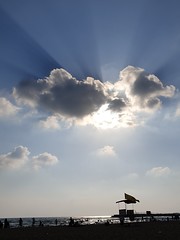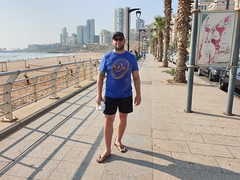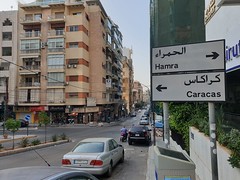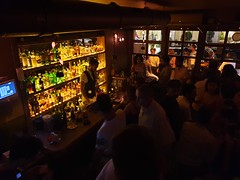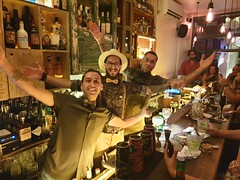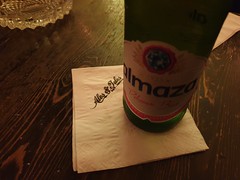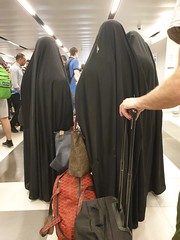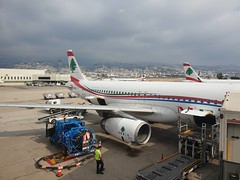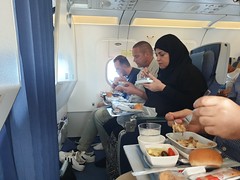Lebanon is the perfect mix of European and Arabic culture with an amazing nightlife. But with its location on the Mediterranean Sea bordering Syria and Israel, means they have a few challenges as a country. Between 1975 and 1990 war destroyed a lot of Lebanon, and today its peaceful but fragile.
Lebanon has been at the centre of Middle Eastern conflicts, despite its small size, because of its borders with Syria and Israel and its a uniquely complex communal system.
Shia Muslims, Sunni Muslims, Christians and Druze are the main population groups in a country that has been a refuge for the region’s minorities for centuries. Ruled by the Ottomans, occupied by France, independence as of 1943, then again occupied by Syrian and Israelis back and forewards with civil war and tensions. UN troops established (UNIFIL) United Nations Interim Force in Lebanon in 1978 to help stabilize the region and Lebanons borders.
During all the years with conflict, Lebanon has had lots of refugees into its country. Mostly from Palestine but now also from Syria after Syria broke out into a full scale war in 2011.
Out of its 6 million official inhabitants, there are about 1million Syrians and about 200.000 Palestians but unofficial numbers are way higher. Maybe between 1.5 – 2 million Syrians are still here and lots more Palestinians. An estimated 250,000 migrant domestic workers, primarily from Sri Lanka, Ethiopia, the Philippines, Nepal, and Bangladesh are here too, but excluded from labor law protections.
Travelling around the Country, gave us the opportunity to speak to several locals about todays situation. And what we can write down is that most people liked Lebanon as it was before the war. Lebanon had its reputation as “the Paris of the Middle East”, meaning this was paradise for locals, Jetsetters and famous people back in the days. Lebanon has always been liberal, at least compared to the neighbouring Arab countries, so seeing a restaurant selling alkohol and the next door one not is typical.
Lebanon has it all: nice people, history, lots of culture, world heritage sites, world class beaches if you dont notice all the rubbish and plastic these days, nightlife, food and good wine. Travelling around the country is easy, either jump on a bus (Hiace), from one of several pick up/drop off points outside of Beirut center for 2 to 3000 Lebaneese pounds or share cars, privat transportation for a bit more with comfort instead. Its a realatively small country so driving for 2 hours should take you to the end of the line either if its south or north.
Flying in and out of Beiruts Rafic Hariri Int Airport is also pretty straight forewards as flights are coming in from the Middle East or Europe every day with the local “Middle Eastern Airlines”, or other companies.
Citys visited on this trip was Byblos, Tripoli, Beirut, Jounieh, Harissa, Saida, Tyr, Anjar and Baalbek.
More information here:
https://www.lebanontraveler.com/
More photos here:


